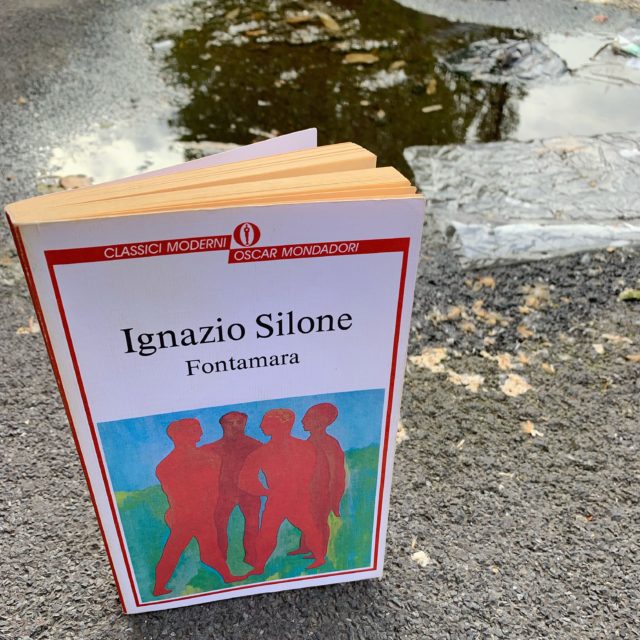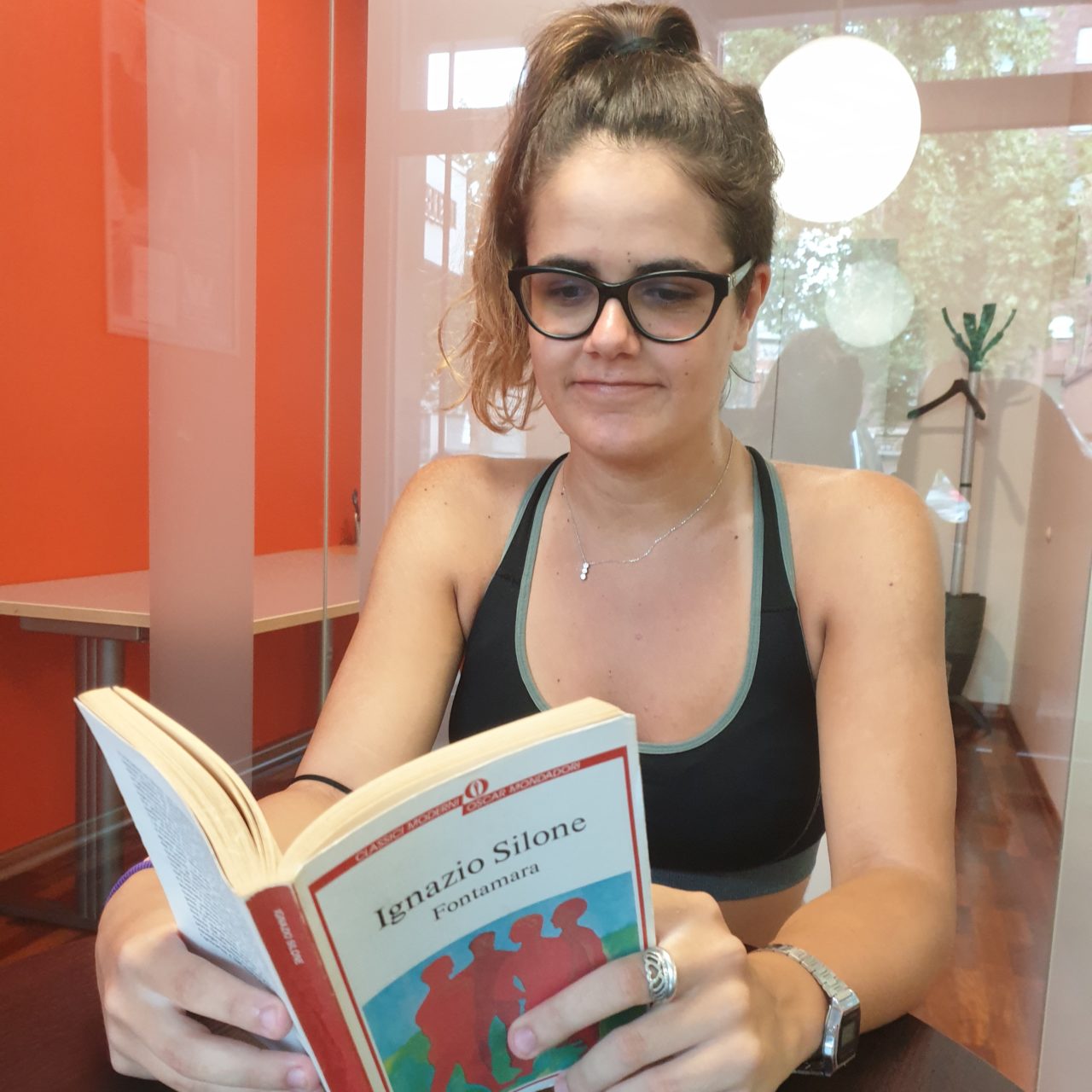“At the head of all is God, the master of heaven. This everyone knows. Then comes the prince of Torlonia, owner of the land. Then the prince’s guards come. Then come the prince’s guard dogs. Then nothing. Then, still nothing. Then, still nothing. Then come the peasants. And we can say that it is finished.”
If we were forced to describe the book with a single adjective, there is only one: evergreen. We read Fontamara for the first time during the school years, but it is only through re-reading it over the years that we appreciate its scope, remaining surprised by the constant relevance of the topics covered.
The story, set in the late 1920s, speaks of the inhabitants of Fontamara, a remote village in the Marsica (where the writer himself comes from). Arid and harsh land like the people born and raised there, unknowingly involved in a story bigger than themselves, to the point of becoming victims. Precisely that justice invoked aloud after discovering that they have been duped by a Party member will manifest itself in the form of injustice.
It is the story of Italy’s yesterday, today and certainly tomorrow, oppressed by daily bullying of local lords, as well as the rights disguised as kind concessions. On all the character of Berardo Viola stands out, the strongest, most honest and sincere boy in the country. Precisely because of these traits, he tends to always get himself into trouble with the law. After various misfortunes he is persuaded by maternal advise and his eternal promise to marry Elvira to move to Rome to look for work. The label of an inhabitants of Fontamara will make him find all the doors closed.
Determined to return to his native country, what we can describe today as ill fortune, conduces him to meeting a member of fascist resistance, with whom he will be arrested. In prison Berardo acquires a strong political awareness / maturity, up to the extreme sacrifice.
This is certainly the book of the least fortunate, of poor people, of non-hope, of if something changes it will only be for the worst, of disillusionment, of Italy.
Ignazio Silone, Fontamara, Mondadori, Milano, 1947 (N.E.I. – 1934)




